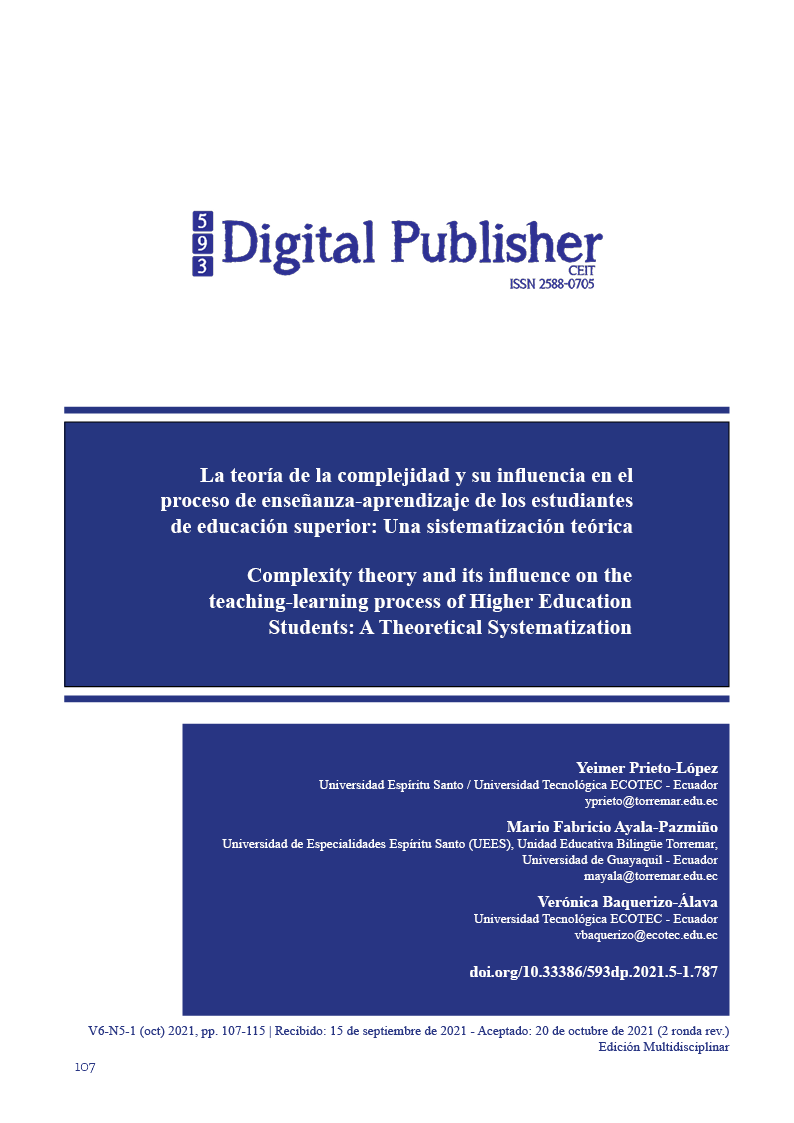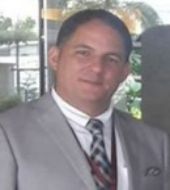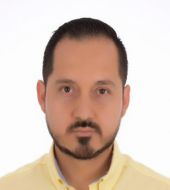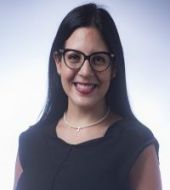Complexity theory and its influence on the teaching-learning process of Higher Education Students: A Theoretical Systematization
Main Article Content
Abstract
This article relates aspects of the theoretical and epistemological thought of Edgar Morin with the learning and scientific production of students enrolled in a Master of Educational Management. The objective of the work is to analyze the cognitive responsibilities of university professors and the formation of complex thinking, considered an essential element of education. Likewise, the article also uses the learning process undertaken by students enrolled in a master's degree in Educational Management to understand the application of Morin's complexity theory on cognitive development within graduate programs.
Downloads
Article Details

This work is licensed under a Creative Commons Attribution-NonCommercial-ShareAlike 4.0 International License.
1. Derechos de autor
Las obras que se publican en 593 Digital Publisher CEIT están sujetas a los siguientes términos:
1.1. 593 Digital Publisher CEIT, conserva los derechos patrimoniales (copyright) de las obras publicadas, favorece y permite la reutilización de las mismas bajo la licencia Licencia Creative Commons 4.0 de Reconocimiento-NoComercial-CompartirIgual 4.0, por lo cual se pueden copiar, usar, difundir, transmitir y exponer públicamente, siempre que:
1.1.a. Se cite la autoría y fuente original de su publicación (revista, editorial, URL).
1.1.b. No se usen para fines comerciales u onerosos.
1.1.c. Se mencione la existencia y especificaciones de esta licencia de uso.
References
Aguirre, M.E. (1998). Wefts and mirrors. The constructions of stories of education. Mexico: CESU-UNAM.
Bowen, J. (1972). A history of Western education: The ancient world: Orient and Mediterranean 2000 B.C. – A.D. 1054. London: Routledge.
Castoriadis, C. (1997). The advance of insignificance. Buenos Aires, Argentina: Eudeba.
Delgado, C. (2007). Towards a new knowledge. Bioethics in the contemporary revolution of knowledge. Havana, Cuba: Publicaciones Acuario, Centro Félix Varela.
Desjardins, R. (2015). Education and Social Transformation. European Journal of Education, 50(3), 239–244. https://www.jstor.org/stable/26609272.
Frade, L. (2016). The desired education: a pending task in Mexico. Mexico: Calidad Educativa Consultores S.C.
Gadamer, H. G. (1997). Truth and method. Salamanca: Editorial Sígueme.
Hargreaves, A. (2005). Faculty, culture, and postmodernity (5th ed.). Madrid, Spain: Ediciones Morata.
Imbernón, F. (2005). Experiences of teachers. Share from educational practice. Barcelona, Spain: Graó.
Larroyo, F. (1981). General History of Pedagogy (17th ed.). Mexico: Porrúa.
Morin, E. (1994). Method III: knowledge of knowledge. Madrid, Spain: Chair.
Morin, E. (1997). The seven necessary knowledge of the education of the future. Real World Multiversity.
Morin, E. (1999). The seven pieces of knowledge necessary for the education of the future. Unesco, Santillana.
Otto, S. & Pensini, P. (2017). Nature-based environmental education of children: Environmental knowledge and connectedness to nature, together, are related to ecological behavior. Global Environmental Change, 47, 88-94. https://doi.org/10.1016/j.gloenvcha.2017.09.009.
Rashid, R. (2021). Updating the Ph.D.: making a case for interdisciplinarity in twenty-first-century doctoral education. Teaching in Higher Education, 26(3), 508-517. https://doi.org/10.1080/13562517.2021.1892624.
Salazar, A. & Alonso, J. (2020). The brain in light of Edgar Morin’s paradigm of complexity. Archivos de Medicina, 20(1), 226-245. https://doi.org/10.30554/archmed.20.1.3485.2020
Scott, R. & Robinson, B. (1996). Managing technological change in education—what lessons can we all learn? Computers & Education, 26(1-3), 131-134. https://doi.org/10.1016/0360-1315(96)00007-3.
Singh, T.C. (2017). Higher education, its aims, and quality concerns. International Journal of Engineering and Management Research, 7(2), 619-627.
Soto, Ma. H. (2002). Models and strategies in teacher training (Pedagogical Documents series). Chile: Academic Vice-Rectory of the University of La Serena.
Waller, R.E., Lemoine, P.A., Mense, E.G., Garretson, C.J., & Richardson, M.D. (2019). Global higher education in a VUCA world: Concerns and projections. Journal of Education and Development, 3(2), https://doi.org/10.20849/jed.v3i2.6




